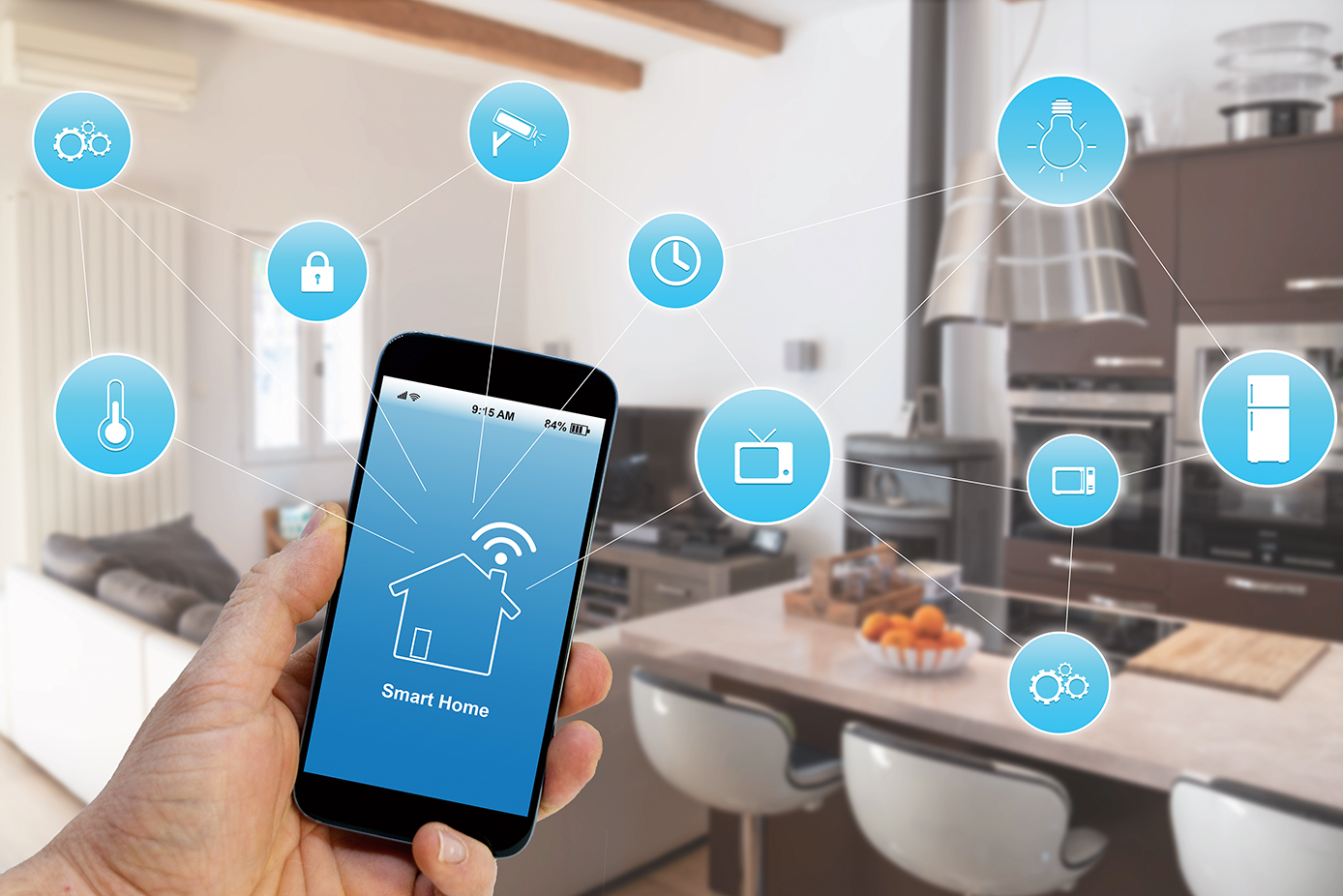In the modern age of technology, smart sensors for homes have emerged as a critical component in revolutionizing how we interact with our living spaces. These devices are not just futuristic gadgets; they are practical tools that enhance the safety, efficiency, and convenience of our homes. Whether you're a homeowner looking to upgrade your living space or a business aiming to provide cutting-edge solutions, understanding the integration and benefits of smart sensors is essential.
Smart sensors for homes are designed to automate processes by detecting various environmental changes and responding accordingly. They can monitor temperature, humidity, motion, and even air quality. By doing so, they enable homeowners to maintain optimal conditions effortlessly while conserving energy and reducing costs. In this article, we'll delve into the various types of smart sensors, their applications, and the transformative impact they have on modern living.

Types of Smart Sensors for Homes
There is a wide array of smart sensors available today, each catering to different aspects of home automation. Here are some of the most common types:
1. Motion Sensors
Motion sensors are vital for security and energy management. They detect movement within a specific area and can trigger alarms or control lighting systems. For instance, when motion is detected in a room, lights can automatically turn on, providing convenience and enhancing security by deterring potential intruders.
2. Temperature and Humidity Sensors
These sensors are key to maintaining a comfortable home environment. They monitor the indoor climate and communicate with HVAC systems to adjust temperature and humidity levels. This not only ensures comfort but also optimizes energy consumption, leading to lower utility bills.
3. Smoke and Gas Detectors
Safety is a top priority for any homeowner. Smart smoke and gas detectors are designed to detect hazards and alert homeowners immediately through their smartphones, no matter where they are. This can be crucial for preventing disasters and ensuring the safety of the household.
4. Leak Detectors
Water damage can be costly and damaging. Smart leak detectors identify leaks in real-time and alert homeowners before significant damage occurs. This proactive approach can save thousands in repair costs and prevent the loss of valuable property. You can learn more about the benefits of smart leak detectors in our detailed guide.
Applications and Benefits
The integration of smart sensors in homes offers numerous benefits, making daily living more efficient and secure. Let's explore some of these applications:
Energy Management
Smart sensors play an essential role in energy management by optimizing the use of appliances and lighting. By monitoring occupancy and adjusting systems accordingly, they help in reducing energy waste and lowering utility costs. For small homes, choosing the right smart devices can make a significant difference. Check out our top picks for smart devices for small homes.
Home Security
Security is one of the primary concerns for homeowners. Smart sensors enhance home security systems by providing real-time monitoring and alerts. They detect unauthorized access and unusual activities, allowing homeowners to respond promptly and ensure their safety.
Health and Comfort
Maintaining a healthy indoor environment is crucial for well-being. Smart sensors monitor air quality, temperature, and humidity, ensuring that the home remains a comfortable and safe place to live. For instance, integrating smart bathroom devices can significantly improve personal hygiene and comfort.
Automation and Convenience
One of the most appealing aspects of smart sensors is the convenience they offer. By automating routine tasks, such as adjusting lighting and temperature, they save time and effort for homeowners. This automation extends to window treatments, where smart blinds and shades offer both convenience and energy savings.
Implementing Smart Sensors in Your Home
For those new to smart home technology, integrating smart sensors can seem daunting. However, with the right approach, it can be a seamless experience. Start by identifying the areas in your home that would benefit most from automation. Consider consulting experts or following guides like the Smart Home Installation Beginners Guide for a hassle-free setup.
Investing in a smart home hub can also simplify the integration process by allowing centralized control of all devices. For a deeper understanding of how these hubs work, explore our comprehensive article on smart home hubs.

FAQs about Smart Sensors for Homes
1. Are smart sensors cost-effective?
Yes, in the long run, smart sensors can be highly cost-effective. By optimizing energy use and preventing costly damages, they help in saving money on utility bills and repairs.
2. Can smart sensors be integrated with existing home systems?
Most smart sensors are designed to be compatible with existing home systems. However, it is essential to check compatibility before purchase to ensure seamless integration.
3. How do smart sensors enhance home security?
Smart sensors enhance home security by providing real-time monitoring and alerts. They detect unauthorized access and unusual activities, allowing homeowners to respond promptly and ensure their safety.

